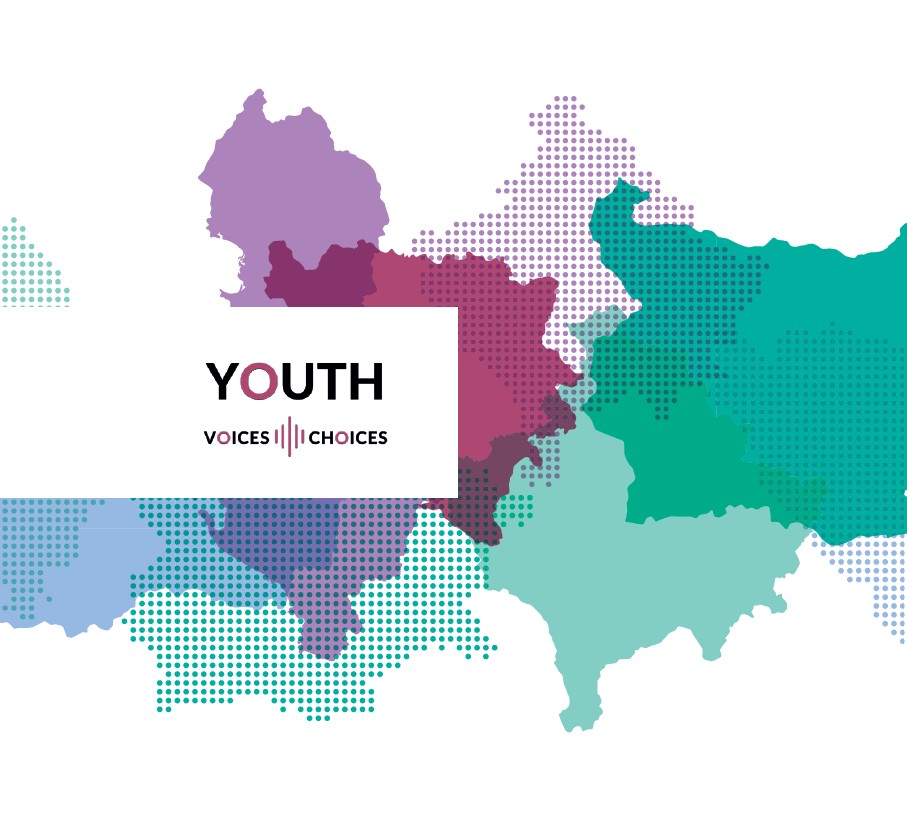Spotlight
A selection of resources from across the Federation

Abortion Care and Costs in Europe and Central Asia
IPPF EN carried out research into the economic burden that women face in accessing abortion care in Europe and Central Asia. This factsheet provides a snapshot of the findings.
Filter our resources by:


| 09 March 2023
IPPF Policy on Sex Work
The IPPF Sex Work Policy makes clear the position and commitments of our Federation globally with regards to sex work. This is the first time IPPF has taken a position on sex work, and presents human rights-based values and principles which apply broadly to all contexts, without being prescriptive about approaches or actions. It is rooted in positions taken by sex-worker led organisations and networks across the world, and in existing IPPF documents. Find out more and download the policy here. In line with IPPF’s global policy position, IPPF European Network is opposed to any measures in EU policy or legislative instruments that would criminalise any aspect of sex work, including clients and third parties. Read below the summary of IPPF's Sex Work Policy laying out our guiding principles and calls to action for policymakers.

| 29 March 2022
Youth access to SRH information, education and care in the Balkans in COVID times
COVID-19 created the largest health and socio-economic crisis of our generation. Many health systems were pushed to the brink by restrictive measures rushed in to respond to the pandemic, resulting in the deprioritisation of some existing healthcare services. In almost all European countries, COVID-19 had a negative impact on the delivery of vital sexual and reproductive healthcare, including maternal health and family planning, for women and groups that face barriers to accessing care, including young people. The pandemic also uncovered weaknesses within our systems and exposed the fact that countries are not adequately prepared to deal with health emergencies. To help bring about positive change for young people, IPPF European Network is working to strengthen healthcare systems through the project Youth Voices, Youth Choices, and to remove all kinds of barriers preventing youth from accessing essential care in five Balkan countries: Albania; Bosnia & Herzegovina; Bulgaria, Kosovo and North Macedonia. We are focusing particularly on the needs of those living in remote areas, as well as those from communities that face challenging social conditions, such as the Roma. POLICY RECOMMENDATIONS In October 2022, IPPF EN launched a set of regional policy recommendations that call on decision-makers to listen to young people and uphold their SRHR as they build back health and social systems in the wake of the pandemic. Presented at the European Parliament on 26 October by youth advocates and experts, with the support of MEP Fred Matić, the recommendations were developed by a group of specialists who came together to develop a blueprint for designing systems that prioritise access to youth-friendly SRH care, and better support of young people’s health and well-being. The policy recommendations are available for download below. RESEARCH REPORT As a basis for this work, in 2021 and early 2022, we conducted a study to provide us with a clearer picture of the impact of the pandemic on young people’s SRHR. The data was published in a series of reports presenting the findings of the study, carried out by and among youth in five Balkan countries. The reports, available for download below, document young people’s SRH needs and experiences and the perspectives of healthcare providers and other relevant stakeholders on these needs. They also capture the latter’s needs as they deliver services, information and education to young people, building on their experience of COVID-19. YOUTH VOICES Young people are at the heart of this work. They were part of the teams that carried out the research presented in the reports below. They participated in the expert groups that developed our regional recommendations for policy change (below) at national and regional level, and they are being supported and empowered to advocate for these changes. Youth were also in the lead at our 'Healthy Youth – Healthy Future' multi-stakeholder meeting in Tirana in spring 2023, where together with staff from our partner organisations they held discussions with decision-makers and experts from the field, concluding with the signing of a joint declaration on protecting the health and social wellbeing of young people during and beyond moments of crisis - available for download below. Young people also carried out a series of interviews among their peers to share stories of how the pandemic affected their access to SRHR, and what their vision is for a more youth-friendly future that listens to the younger generations and upholds their SRHR.

| 21 July 2014
HIV Prevention Report Cards for Sex Workers
This series of four Report Cards explores the challenges of HIV prevention for sex workers in Kazakhstan, Kyrgyzstan, Tajikistan and Russia. It was produced by IPPF European Network with the support of the Sex Workers' Rights Advocacy Network (SWAN) and the United Nations Population Fund (UNFPA). The Report Cards are available for download here in English and Russian.

















